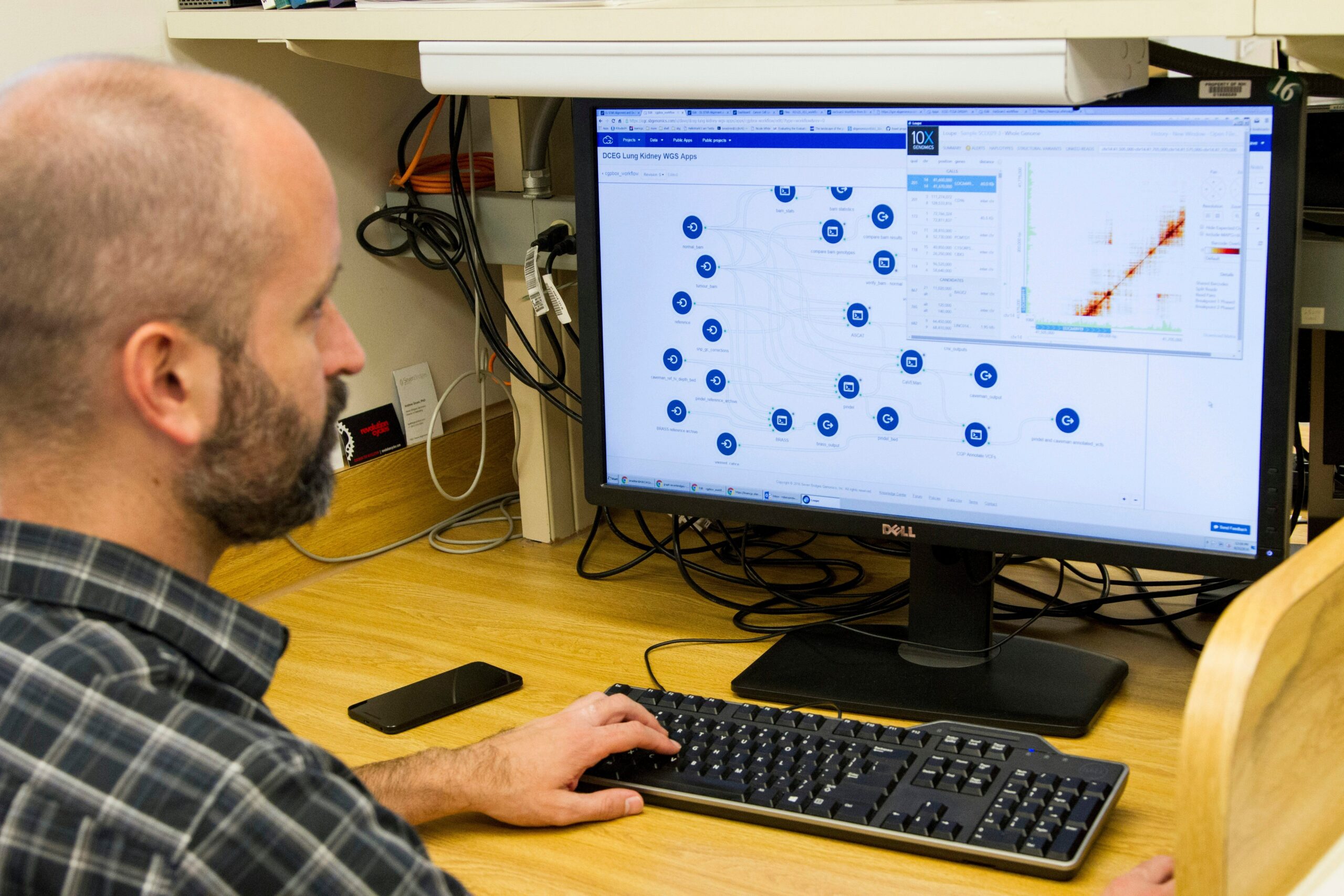
Exposure to common infectious agents is linked to specific cognitive impairments among older adults living in the community, according to a study published in the journal Alzheimer’s & Dementia. The research, conducted by teams from Columbia University and the University of Miami, analyzed data from the Northern Manhattan Study to explore the impact of five common pathogens on cognitive performance and the risk of mild cognitive impairment (MCI) or dementia.
The study involved 593 participants, with an average age of 71, predominantly Hispanic, and free of stroke and dementia at the start. Participants underwent serologic testing for infections and completed neuropsychological assessments across four cognitive domains: memory, language, processing speed, and executive function. Over an average follow-up period of 7.8 years, 30% of the participants developed cognitive impairment, and 17% were diagnosed with dementia.
Linking Infections to Cognitive Decline
Researchers focused on five pathogens: herpes simplex virus (HSV)-1, HSV-2, cytomegalovirus (CMV), Helicobacter pylori, and Chlamydia pneumoniae. Their findings revealed that seropositivity for CMV and HSV-2 was significantly associated with poorer executive function, while C. pneumoniae was linked to reduced language performance.
CMV and HSV-2 seropositivity were significantly associated with poorer executive function (β = -0.29; 95% CI, -0.51 to -0.08; P = .007 and β = -0.19; 95% CI, -0.36 to -0.02; P = .03, respectively).
In unadjusted models, CMV seropositivity was also associated with an increased risk of incident MCI and dementia. However, these associations lost significance after adjusting for demographic, vascular, and psychosocial factors.
Understanding the Implications
The study’s findings add to a growing body of evidence suggesting that common infectious exposures may contribute to cognitive aging and dementia in later life. However, the study also has limitations, including reliance on serologic titers, which indicate exposure rather than active infection, potential misclassification of infection status over time, and limited power due to a small number of dementia cases.
Dr. Jane Smith, a neurologist not involved in the study, commented on the findings: “This research underscores the importance of understanding how infections might play a role in cognitive decline. While causality cannot be established, the associations are noteworthy and warrant further investigation.”
Historical Context and Future Directions
The connection between infections and cognitive decline has been a topic of interest for decades. Historical studies have often focused on specific infections, such as syphilis, known to cause neurological damage if untreated. The current study broadens this scope by examining more common pathogens that many people are exposed to over their lifetimes.
Looking ahead, researchers emphasize the need for further studies to confirm these findings and explore potential interventions. “Taken together, we provide evidence that CMV exposure is associated with decreased executive function and possibly increases risk for cognitive impairment and dementia,” the researchers concluded.
The study was supported by the National Institutes of Health, and the authors encourage further exploration into the role of infections in cognitive health. As the population ages, understanding these connections could be crucial for developing preventive strategies and treatments for cognitive decline.
For more information and a full list of disclosures, readers are encouraged to refer to the original publication in Alzheimer’s & Dementia.





